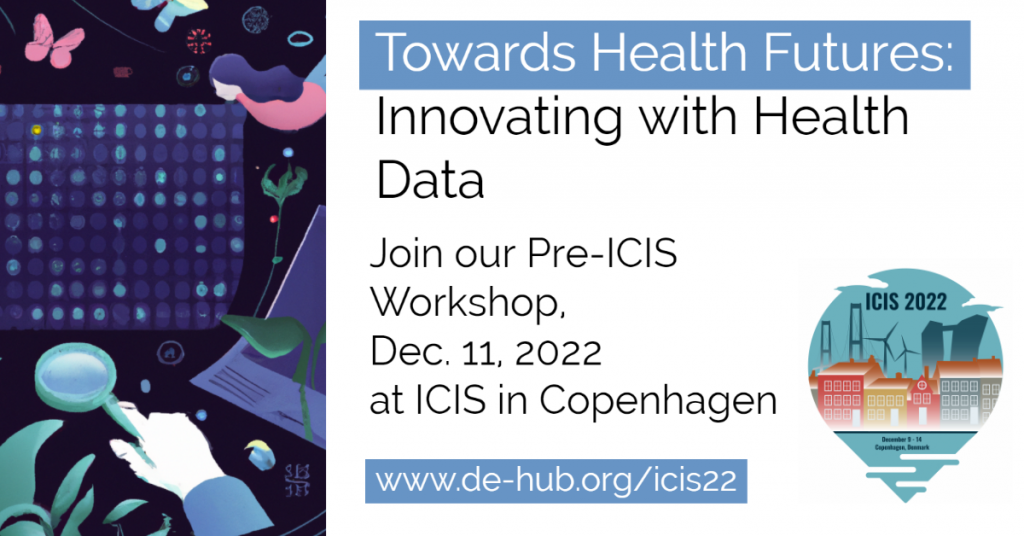New digital technologies such as AI, blockchain, wearable devices, genomics or vertical integration have a substantial impact on health in humans, animals, and plants (Sturman, 2018). Many of these technologies are fundamentally built on data that promise new diagnostics and treatments, personal health tracking, predictive healthcare, decentralized storage or federated learning (e.g., Kallinikos and Tempini 2014; Reddy, 2019). The use and re-use of shared data trigger new value creation mechanisms that change the role of data (Aaltonen et al. 2021; Alaimo and Kallinikos 2021). Organizing data in health, however, is difficult because of regulatory demands and because many of the underlying biological, social, and technological concepts and relationships that are represented by data remain complex and are not yet fully understood.
Data in health, however, is being used and re-used to create opportunities and generate benefits in ways that could not be foreseen when they were created. The facilitation of data storage and the practices of curation and access are crucial for data to serve multiple and possibly unexpected purposes (Tempini, 2017; Vassilakopoulou, Skorve, & Aanestad, 2018).
With few exceptions though, information systems research has focused largely on platforms, infrastructures, or services that collect, store, or analyze data, in ways that assigns a secondary role to the data itself (Jarvenpaa & Markus, 2018). Even a conversation about boundary resources – an artifact that enables this serendipitous purpose – tends to focus on the implemented APIs instead of the data that the APIs exchange (e.g., de Reuver, Sørensen, & Basole, 2017; Eaton, Elaluf-Calderwood, Sorensen, & Yoo, 2015; Ghazawneh & Henfridsson, 2013). We seek to extend our understanding about the role of data as a driver of digital innovation (e.g., Barrett, Davidson, Prabhu, & Vargo, 2015; Fichman, Dos Santos, & Zheng, 2014; Yoo, Henfridsson, & Lyytinen, 2010) and digital entrepreneurship (e.g., Davidson & Vaast, 2010; Kelestyn & Henfridsson, 2014; Nambisan, 2016), believing that health provides a societally important context and fruitful empirical foci in the pursuit of meaningful theorizing in this area.
















